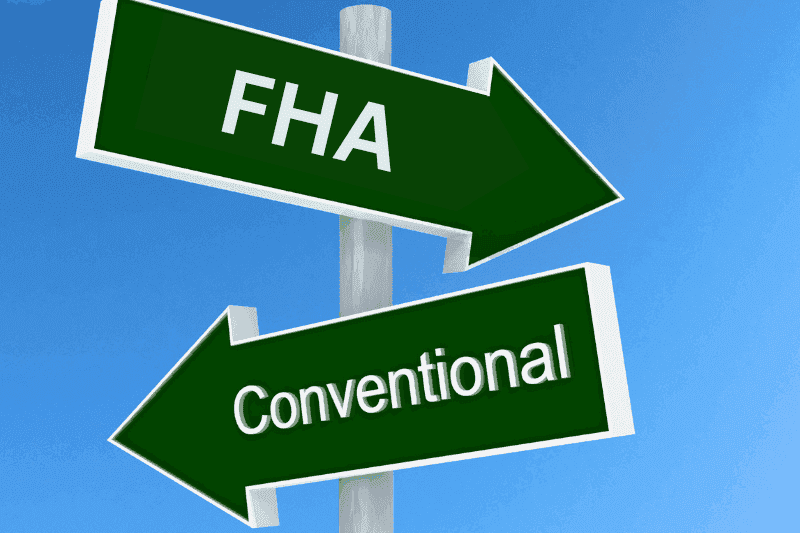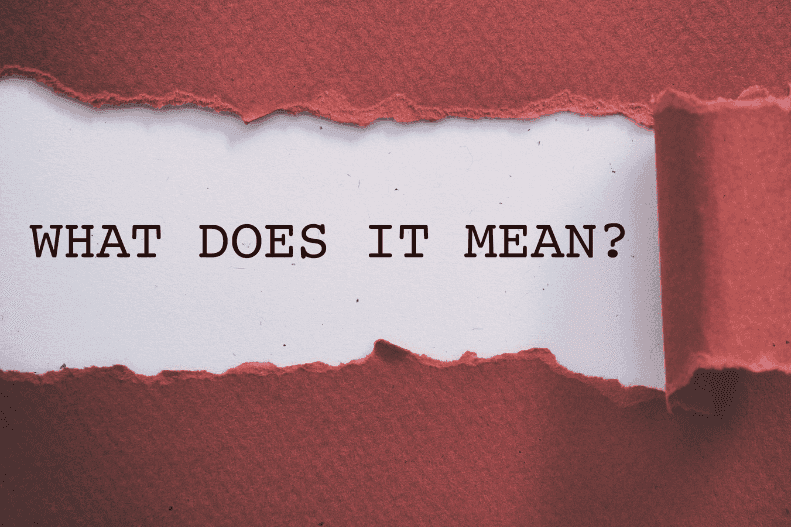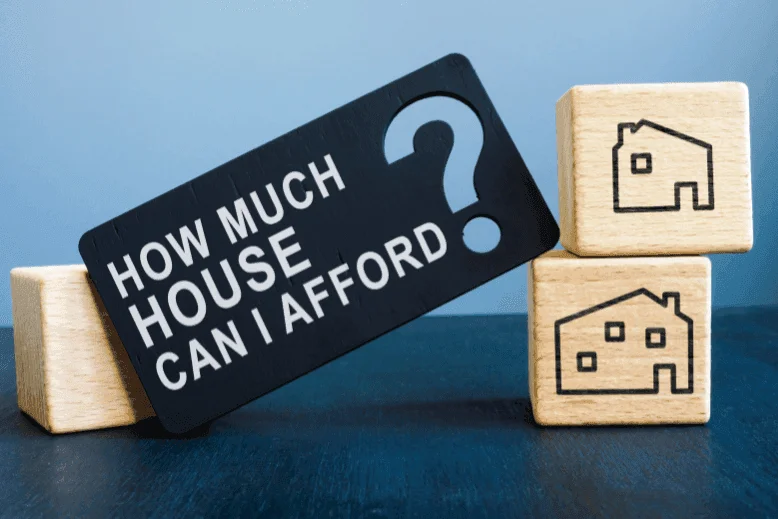Mortgage Basics
FHA Bankruptcy & Foreclosure

A foreclosure happens when a homeowner defaults on their mortgage payments, giving the lender the right to reclaim the property. This process typically starts after multiple missed payments, and it can have serious financial and emotional consequences. When foreclosure proceedings begin, the property is eventually put up for sale to recover the amount owed. While foreclosure is often seen as a last resort by lenders, they may proceed if there’s no indication that the borrower will be able to resume payments. Foreclosure not only affects your credit score but can also make it more difficult to qualify for a mortgage in the future.
Missing a mortgage payment might seem manageable at first, but it can lead to a series of steps by the lender. Most lenders allow a short grace period—usually around 15 days—after which late fees are added to the missed payment. Once a payment is more than 30 days overdue, lenders typically report it to the credit bureaus, negatively impacting the homeowner's credit score. After several missed payments, usually around the 90-day mark, the lender will send a notice of default. This is often the beginning of the foreclosure process, and the lender will likely contact the homeowner to discuss repayment options. Ignoring these calls or failing to respond can accelerate the process toward foreclosure.
If you’re struggling to make payments, the best course of action is to contact your lender as soon as possible. Many lenders are willing to work with homeowners to find a solution, especially if financial hardship is temporary. Options include loan forbearance, where the lender temporarily pauses payments, or a loan modification that adjusts the loan terms to make payments more affordable. Refinancing the loan is another option if you qualify, which can reduce monthly payments and ease financial pressure. Most importantly, open communication with your lender is crucial to finding the best solution for your situation.
For homeowners dealing with long-term financial setbacks, finding sustainable solutions can be challenging but not impossible. Long-term options may include a loan modification, where the lender permanently adjusts the loan terms to lower payments, often by extending the loan period or reducing the interest rate. Another possibility is refinancing, provided you still qualify, which can help you lock in a lower rate or extend the term. If staying in the home is no longer affordable, a short sale could allow you to sell the property for less than what’s owed on the mortgage, with the lender’s permission, to avoid foreclosure and limit credit damage.
For homeowners with an FHA home loan, you can visit the Loss Mitigation for FHA Homeowners page on their website for more information. If you have a VA home loan, you can visit the VA's page on Help To Avoid Foreclosure.
Temporary financial difficulties don’t have to lead to foreclosure if managed correctly. If your hardship is short-term, such as job loss or unexpected medical expenses, a forbearance might be an option. Forbearance allows you to temporarily pause or reduce payments while you regain financial stability, though the missed payments will need to be repaid later. Reinstatement is another option, which lets you catch up on missed payments by a specific date, often accompanied by a repayment plan that spreads the missed payments over several months. These options are ideal for those who expect their financial situation to improve in the near future.
For homeowners with an FHA home loan, one effective solution is the FHA partial claim, which can provide relief if you’re temporarily unable to make full mortgage payments. Through an FHA partial claim, the lender advances funds from the FHA Insurance Fund to cover missed payments and bring the mortgage current. To receive a partial claim, homeowners are required to sign a promissory note for the advanced amount, allowing HUD to place a second lien on the property. This partial claim acts as an interest-free loan that doesn’t require monthly payments, providing immediate relief without added financial burden.
The repayment of the partial claim is deferred until the mortgage is paid off, the property is sold, or the title is transferred. If you’re experiencing temporary financial challenges, it’s important to contact your lender promptly to discuss available options like a partial claim, forbearance, or a repayment plan. Each option is designed to offer short-term relief, so you can catch up on payments and avoid foreclosure as you work toward financial recovery.
Veterans with VA loans may have access to specialized assistance through the VA’s Loan Centers. These centers offer financial services tailored to help veterans avoid foreclosure and provide options based on the homeowner’s specific situation.
Navigating and Preventing the Foreclosure Process
Foreclosure can be a challenging and overwhelming experience, but with the right knowledge and timely action, it can often be avoided. Whether you're facing temporary financial setbacks or dealing with long-term issues, there are solutions available to help keep you in your home. At Vision Home Mortgage, we're here to guide you through every step, offering resources and advice to help you make informed decisions. If you're worried about foreclosure, don't wait—reach out to us today to explore your options and find a solution that works for you.



